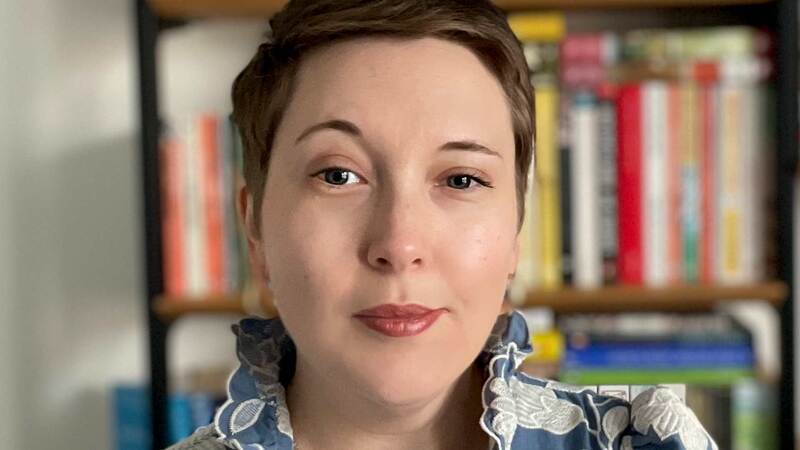You are viewing your 1 free article this month. Login to read more articles.
Book Expo Leadership Roundtable talks audio and diversity
Women dominated the opening Leadership Roundtable at Book Expo as the panel suggested audio is no longer a competitive format and called for greater diversity in publishing.
The unusual roundtable featured just one c.e.o. – Sourcebooks founder Dominique Raccah, who recently made headlines by selling a 45% stake to PRH; - with Hachette Audio v-p/associate publisher Kim Sayle, and multiple award-winning author Jacqueline Woodson, who writes prose and poetry for children, YAs, and adults making up the panel to discuss “storytelling”.
But storytelling, as it turned out, could encompass many things – from the evolution of audio books to the considerable need for more evolution in publishing diversity.
Moderator and New York magazine features director Genevieve Smith started discussion on the question of voice in audio. In the last five years, Sayle noted, authors have placed a much greater emphasis on wanting their own voice – “or someone they recognise as being their voice” - read the audiobook version of their work.
“It’s great to have authors involved, almost everyone wants that input now, where in the past they didn’t. The format was seen as competitive, but now it’s complementary,” said Sayle. People are consuming in two different formats: “both reading and listening to the book.” The question of publishing audio first for some titles came up, and Hachette has tested the idea, “but there’s more cost involved.” Still, for some genres – e.g., Sci-Fi – “it might be a great format.”
Raccah suggested another way of expanding readership: “using technology to test, and reach a different audience.” Sourcebooks is publishing a Dear Santa picture book, about letters to Santa. “Kids can go online and get a personalised letter from Santa sent to them at their house. We’re trying to create connection in order to reach readers,” Raccah declared.
Woodson spoke of how her writing has changed as technology affects how people take in stories. “20 years ago, I wrote one person telling the story of everybody, but now I use a series of vignettes, with three-page chapters instead of twenty-page chapters - more like poetry. There’s something to be said for that extra white space: it gives people a moment to breathe. Fiction can allow us escape, but also rest.”
When the conversation turned to the future, diversity – women as well as race – came to the fore. “We have a lot to do around race,” Woodson said. “We’re seeing more diverse content, but who’s doing the choosing and promoting? It’s very, very white, still. We have to talk about how change could happen inside companies: how to get publishing browner - from content, to cover, to author, to selling inside churches and beauty shops.”
“How do we hire differently? As a country, we do not like talking about race, but there are easy ways to change this narrative. People are out there – and they’re hungry for jobs.”















